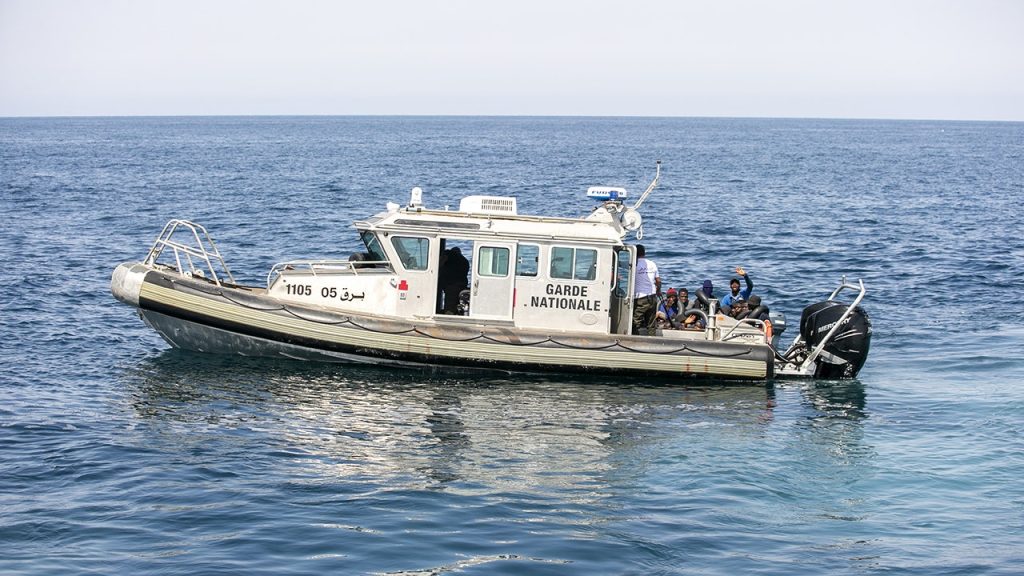The bodies of 19 people were recovered off the coast of Tunisia near the port cities of Mahdia and Sfax, highlighting the risks that migrants take in their attempt to reach Europe from North Africa. The Tunisian coast guard recovered the bodies, adding to the more than 49,000 people who have arrived in Europe by sea this year. Despite the dangers, migrants from countries like Morocco, Algeria, Tunisia, and Libya continue to attempt the perilous journey to Italy, Greece, Malta, and Spain’s Canary Islands. More than 7,000 people have made the voyage from Tunisia to Italy this year alone, while an estimated 473 people are believed to be dead or missing.
In recent weeks, conflicts between migrants and law enforcement have erupted in Tunisia’s second largest city, Sfax, where the bodies were recovered. The tragedy has once again put the spotlight on the challenges faced by those seeking a better life in Europe and the dangers they encounter during their journey. Politicians on both sides of the Mediterranean have prioritized combating human trafficking and dismantling smuggling networks as a way to address the migration crisis. Tunisian authorities announced the arrest of five smugglers in connection with the recent tragedy, with human trafficking charges potentially resulting in lengthy sentences of up to 20 years.
The United Nations’ International Organization for Migration has reported that thousands of migrants have been intercepted by North African authorities this year, indicating the significant scale of migration attempts across the region. The authorities’ efforts to halt illegal migration have not been entirely successful, as the number of people attempting the dangerous sea voyage continues to rise. The tragedies that occur along the Mediterranean coast serve as a stark reminder of the high stakes involved in the quest for a better life, with the risk of death or disappearance looming over every migrant who attempts the journey.
The high number of deaths and missing migrants underscores the urgent need for a comprehensive approach to address the root causes of migration from North Africa to Europe. Poverty, political instability, and lack of opportunities in countries like Tunisia, Morocco, Algeria, and Libya are often cited as key factors driving people to risk their lives in search of a better future. As the numbers of arrivals and casualties continue to climb, there is a growing recognition of the need for international cooperation and shared responsibility in addressing the migration crisis in the Mediterranean region. Without a coordinated effort to address the underlying issues that drive migration, the tragedies at sea are likely to persist, claiming more lives and perpetuating the cycle of desperation and risk-taking.
The recent recoveries of bodies off Tunisia’s coast and ongoing clashes between migrants and authorities serve as a grim reminder of the human cost of the migration crisis in the Mediterranean. Despite the risks, many continue to attempt the dangerous journey, driven by a desire for a better life and the hope of reaching Europe. The challenges faced by migrants, as well as the efforts to combat human trafficking and smuggling networks, highlight the complexity of the migration situation in the region. As governments and organizations grapple with how to address the root causes of migration and provide safe, legal pathways for those seeking asylum or opportunity, the human toll of the crisis remains ever present, underscoring the need for urgent and concerted action to prevent further tragedies.












